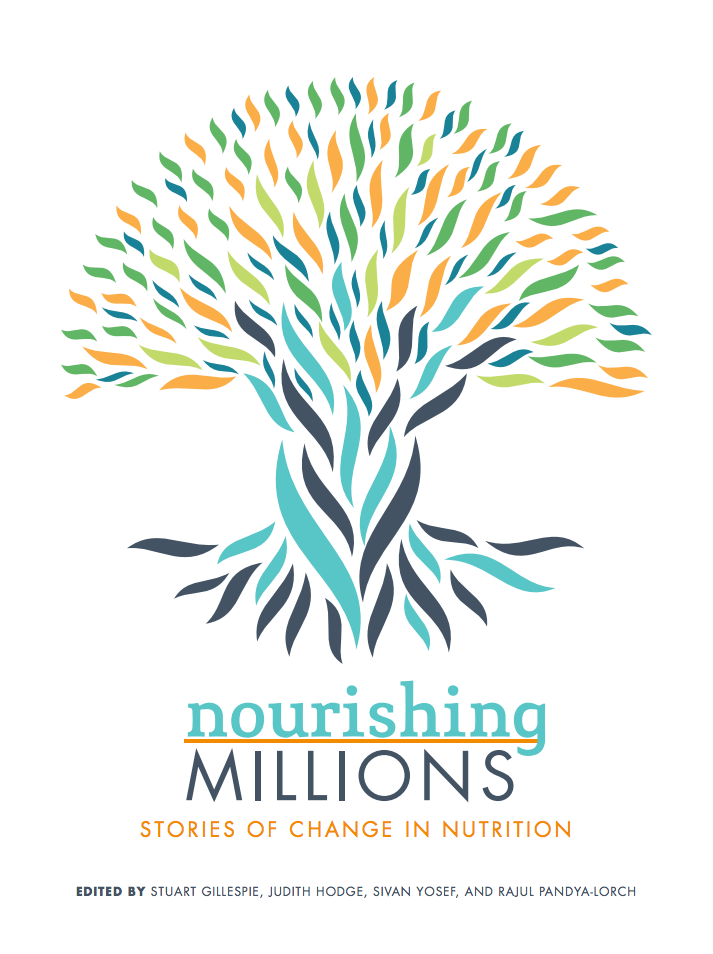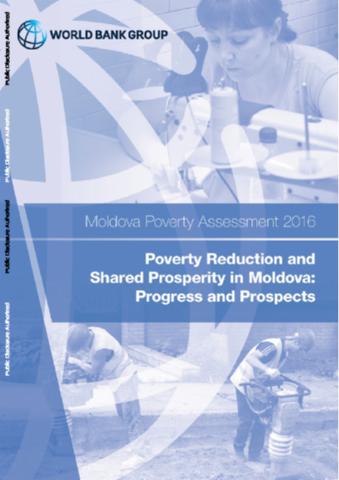World Bank Research Digest, Vol. 10(4)
This issue includes the following
headings: Changes in Poverty and Female-Headed Households in
Africa; Growth and Capital Inflows in Africa; Growth and
Capital Inflows in Africa; Vulnerability to Climate Change
in Coastal Bangladesh; Improving Agricultural Data for
Better Policies; Enhancing Transparency of Large-Scale Land
Acquisition; Explaining the Gender Gap in Agricultural
Productivity; Changing Patterns of Growth and Poverty



